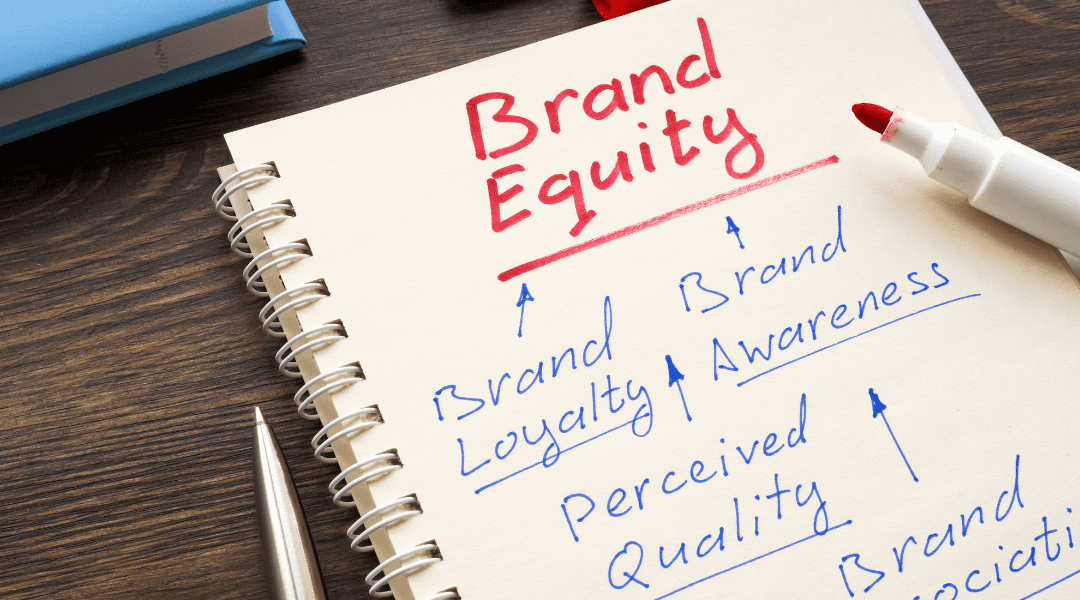What is brand equity? As a business owner or marketing manager, you may have heard of the term, but what exactly does it mean? Brand equity is the value a brand adds to a product or service. Essentially, it’s the sum of all the perceptions and feelings customers have about a brand. A strong brand equity communicates to customers that the brand delivers on its promises, stands out from competitors, and has a strong reputation. It’s a vital element for developing a business strategy as it has a positive impact on the customer’s decision-making process and their overall experience with the brand. Join us as we discuss the importance of brand equity and the strategies you can implement to make yours stronger.
Understanding Brand Equity and Its Importance
To truly understand brand equity and its significance, it’s essential to understand its components and the impact they have on your business. Brand equity is not just a buzzword: it’s a powerful asset that can propel a business from good to great. Here’s why brand equity matters:
Differentiating Your Brand from Competitors
Although crucial, standing out from competitors in the marketplace is difficult. Building strong brand equity allows you to create a unique identity for your brand, making it easier for customers to recognize and remember you. By establishing a clear value proposition and communicating your brand’s unique selling points effectively, you differentiate yourself and capture your audience’s attention.

Strong brand equity will help you stand out from the crowd.
Establishing Trust and Credibility
Trust is the currency of successful business relationships. Customers want to choose a brand they trust over ones they don’t. Consistently delivering on promises, providing high-quality products or services, and maintaining a strong reputation is how brand equity accomplishes trust building. When customers trust your brand, they are more likely to recommend your business to others.
Creating Brand Loyalty for Repeat Customers
Customer loyalty is an invaluable asset for your long-term success. Building brand equity fosters strong emotional connections with your customers, enhancing their loyalty and increasing the likelihood of repeat purchases. By consistently exceeding customer expectations and providing exceptional experiences, you cultivate a loyal customer base that is more resistant to the allure of competitors.
Increasing Customer Advocacy and Word-of-Mouth Referrals
Satisfied customers are more likely to share their experiences with others, creating a ripple effect of brand advocacy. Of course, unsatisfied customers will also share their experiences; however, the news they share about your brand will be anything but positive. Thus, it’s imperative that you maintain strong brand equity. Positive word-of-mouth referrals are incredibly influential and significantly impact a business’ growth. Building brand equity helps foster customer advocacy by consistently delivering value, building strong relationships, and providing outstanding customer experiences.
Inbound Marketing Strategies for Building Brand Equity

Inbound marking strategies are a great way to build brand equity.
So, how does a business go about building a strong brand equity? One powerful solution is inbound marketing. Inbound marketing is a customer-centric approach to marketing that focuses on creating valuable content and building strong relationships with customers across every touchpoint. Implementing inbound marketing strategies lets businesses establish a strong brand identity, differentiate themselves from competitors, and cultivate loyal customers who are more likely to become brand advocates. Here are four effective inbound marketing strategies to build brand equity:
1. Blogging and Content Creation
Content marketing and thought leadership are important for sharing your brand’s knowledge and expertise. It helps build an emotional connection with potential customers, develop trust, and demonstrate the knowledge your audience expects. Whether it’s a blog or downloadable content like an infographic or guide, these types of deliverables have positive results. The Content Marketing Institute reports this method results in higher engagement rates, a more memorable brand, and three times as many leads compared to outbound marketing.
2. Social Media
Community building and social media engagement are the perfect channels for connecting with customers who bond with the brand. In fact, HubSpot‘s 2023 Social Media Marketing Report stated that out of over 1,000 global marketers, “90% of them say building an active online community is critical to success.” Social media communities provide a platform where customers can share their experiences, gain customer support, and receive regular updates from the brand. This results in greater trust and credibility for your brand.

Social media is an important component of building brand equity.
3. Search Engine Optimization (SEO)
Let’s be honest, how often do you scroll past the first couple of search results on Google, let alone click on the next page? By optimizing your website and content to improve keyword rankings, you increase your brand’s chances of ranking higher and getting to the top of Google’s search results. This also means you gain more visibility compared to your competitors. This is accomplished by conducting keyword research to identify relevant keywords for your industry and integrating them strategically into your blog content. It also means refining the details of your online content so search engines look upon it more favorably. It seems like a lot of work, but it has a big payoff if you rank on the first page. Research shows that organic listings receive 90% of clicks while Pay Per Click only receives 10%.
4. Email Marketing and Lead Nurturing
Email marketing is an essential strategy for customer relationship management aimed at nurturing leads and developing customer loyalty. By providing customers with relevant and personalized content, businesses create better customer relationships and increase the likelihood of higher sales conversions. Email marketing also offers an opportunity to request feedback from customers, ensuring your business continues to meet the evolving needs of the audience.
Reach New Heights with Sharp Wilkinson
A strong brand equity is essential to giving your customers better and more relevant experiences, fostering strong emotional connections, and boosting customer loyalty. By investing in building brand equity, businesses gain a competitive edge and achieve sustainable growth.
So, don’t wait any longer, start building your brand equity and enjoying its benefits today with Sharp Wilkinson! Our team of inbound marketing professionals has the skills needed to create a customized strategy tailored to your unique business needs. Contact us today to learn more and get started on your journey towards building a strong and successful brand.
![20250616_SPW_SEOSmallBizGuideCTA • Sharp Wilkinson Boost Your Online Visibility! Unlock the secrets to a top-ranking website with our FREE SEO Guide for Small Businesses. [Download Your Guide Now!]](https://sharpwilkinson.com/wp-content/uploads/2025/06/20250616_SPW_SEOSmallBizGuideCTA-1024x512.png)




